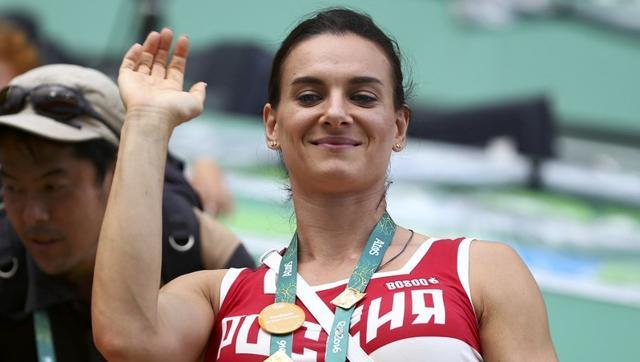Yusuf Pathan was punished with a back-dated ban of 5 months on Tuesday for a doping violation. Significantly, his ban will end on January 14, having started on August 15 last year. The 35-year-old was banned after he inadvertently ingested a prohibited substance, which can be commonly found in cough syrups.
Thereby, Pathan will be available for the Indian Premier League (IPL) players’ auction on January 27 and 28 after not being retained by the Kolkata Knight Riders.
The Baroda cricketer had provided a urine sample as part of the Board of Control for Cricket in India’s (BCCI) anti-doping testing programme during a domestic Twenty20 competition on March 16, 2017, in New Delhi.

His sample was subsequently tested and found to contain Terbutaline, which is a specified substance and is prohibited both in & out of competition in the World Anti-Doping Agency (WADA) prohibited list of substances.
“On October 27, 2017, Mr Pathan was charged with the commission of an Anti-Doping Rule Violation (ADRV) under the BCCI Anti-Doping Rules (ADR) Article 2.1 and provisionally suspended pending determination of the charge,” said a BCCI statement on Tuesday.
“Mr Pathan responded to the charge by admitting the ADRV and asserting that it was caused by his ingestion of a medication containing Terbutaline that had been mistakenly given to him instead of the medication prescribed for him, which did not contain any prohibited substance.”
In his response, Pathan released a statement saying that he was confident of being cleared of deliberate usage and vowed to be more careful in future.
“Competing for India and my home state Baroda has been a matter of immense pride and encouragement for me and I would never act in any manner to bring my motherland or Baroda, in any kind of disrepute,” Pathan said.
“In hindsight, I should have been more careful and checked the status of the medications with BCCI’s dedicated anti-doping helpline.”
BCCI statement
The BCCI gave details of the violation adding that they are satisfied with Pathan’s explanation.
“The BCCI is satisfied with Mr Pathan’s explanation that he had taken Terbutaline inadvertently to treat an Upper Respiratory Tract Infection (URTI) and not as a performance-enhancing drug. Having considered all of the evidence and taken expert external advice, the BCCI has accepted Mr Pathan’s explanation of the cause of his ADRV, and on that basis has agreed that a period of ineligibility of five months should apply, together with the disqualification of certain results,” said the BCCI statement.
“Under BCCI ADR Article 10.10.3, Mr Pathan is entitled to the full credit against that period of ineligibility for the provisional suspension that he has been serving since 28 October 2017. In addition, there is discretion under BCCI ADR Article 10.10.2 to back-date the start date of the period of ineligibility still further on account of Mr Pathan’s prompt admission of his ADRV upon being confronted with it by the BCCI, and under BCCI ADR Article 10.10.1 on account of the delays in the results management in this case that are not attributable to Mr Pathan. In all of the circumstances, the five-month period of ineligibility will be deemed to have started to run on 15 August 2017 and end at midnight on 14 January 2018.”
Pathan has played 57 ODIs and 22 T20s for India and has represented Rajasthan Royals and Kolkata Knight Riders in the Indian Premier League (IPL).
















You must be logged in to post a comment.